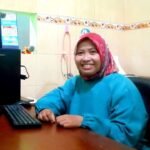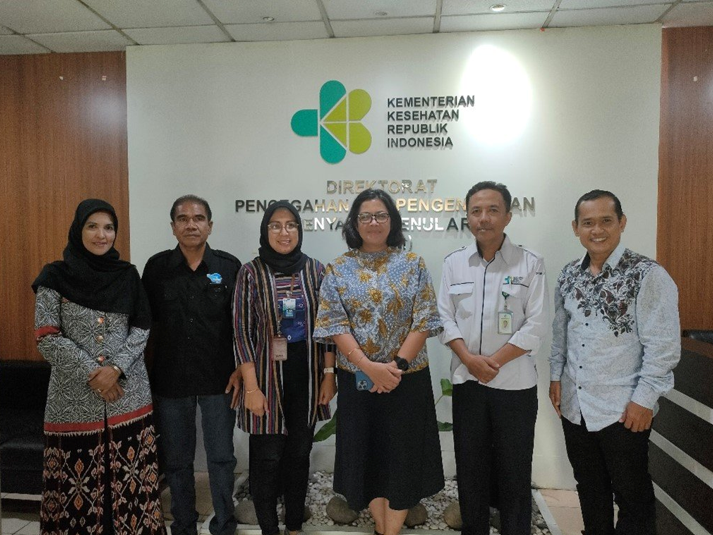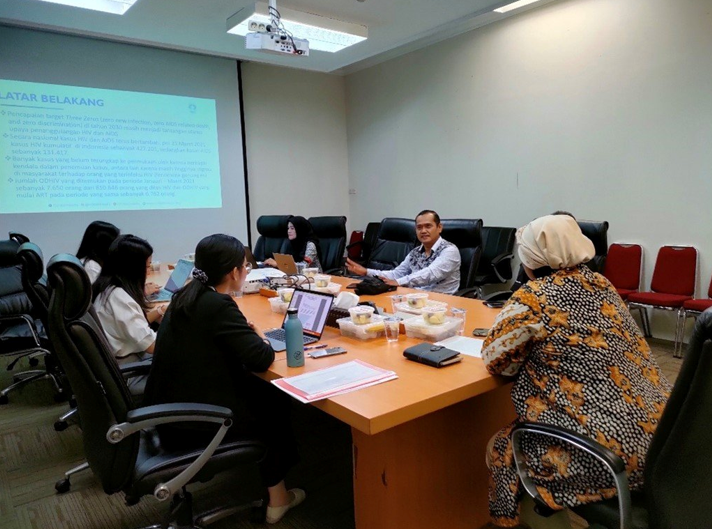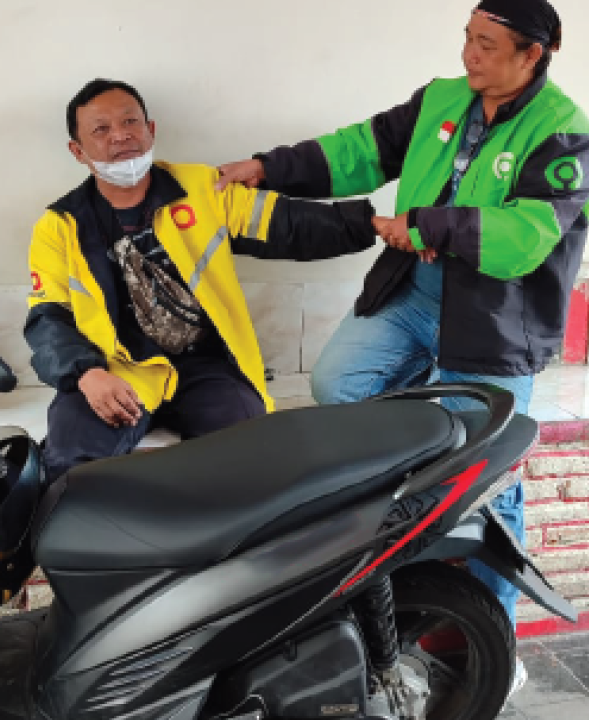


Break Stigma, Grow Empathy: Health Care Support for Women with HIV
June 5, 2024


Tegalrejo Public Health Centre, a Hospitable ‘Home’ for PLHIV
June 6, 2024HIV and AIDS Control on the Border of Indonesia and Timor Leste
The increase in the number of public health centres and hospitals that provide care, support, and medication services in the Belu Regency has facilitated access to health services for PLHIV. However, the challenge in realising quality care, support, and medication services in the border area of Indonesia with Timor Leste is related to the high number of lost-to-follow (LFU) cases or ARV dropouts. The disobedience of PLHIV in taking ARVs is partly due to the high level of stigma and discrimination that prevents PLHIV from taking the drugs, lack of awareness to take ARVs, transportation constraints to access services, and the high mobility of Belu residents, including PLHIV to Timor Leste.
There currently needs to be a cooperation agreement between the governments of Indonesia and Timor Leste to provide Antiretroviral drugs (ARVs) for residents of Belu living in Timor Leste and vice versa. The Indonesian government has a policy stating that ARVs are only available to Indonesian citizens with a valid identity card, making it inaccessible to Timor Leste residents living in Indonesia. Research on health services has revealed differences in treatment regimens between the two countries, preventing People Living with HIV (PLHIV) from accessing ARVs unless they return to their home areas. The Indonesian government allows ARV provision for up to three months, which poses a challenge for many Indonesians working in Timor Leste for extended periods. Moreover, ARV treatment services in Timor Leste are primarily located in Dili City, posing distance constraints for people living in border areas. Addressing this challenge is crucial to reduce the risk of loss to follow-up (LFU).


The Audiency of HIV and AIDS Control Program to Indonesia Health Ministry
It is crucial to pay attention to the HIV and AIDS cases on the border of Indonesia and Timor Leste. Data from the NTT Provincial Health Office indicates a relatively high number of HIV and AIDS cases in the three border districts. In 2023, there were 48 new HIV cases in the Belu District, 34 cases in the North Central Timor District, and 20 cases in the Malacca District. In Timor Leste, the findings until the first quarter of 2022 showed 105 cases in Bobonaro, 82 instances in Covalima, and 39 cases in Oecuse. These numbers indicate that risky behaviour leading to HIV transmission continues to occur in the community. For example, some sex workers from Timor Leste exhibit high mobility in Indonesia and stay at the border for a few days, which facilitates sex transactions in the border area.
Another condition is that there is no agreement on the referral system for the LFU PLHIV in either country. If the health condition declines due to ARV withdrawal, health services cannot provide services according to the standard. In addition, Indonesian ODHIV living in Timor Leste have yet to join the existing Peer Support Group (KDS) and vice versa. Through the activities in the group, ODHIV can share to improve ARV adherence and referral information to health services needed. Internal monitoring conducted by UPKM / CD Bethesda YAKKUM in Belu District shows that the increase of LFU cases in Belu District occurred due to the high mobility of patients accessing ARVs at Atambua Region Hospital outside the area. Monitoring is complex due to the large number of patients who work abroad.
Based on the findings described above, CD Bethesda YAKKUM initiated several activities. The first activity was the Audience of the HIV and AIDS Response Programme on the Border of Indonesia and Timor Leste to several Ministries. The audience consisted of the East Nusa Tenggara Provincial Health Office, the Presidential Staff Office, the Indonesian Ministry of Health, and the Indonesian Ministry of Foreign Affairs on 1-4 November 2023. In this activity, the team from CD Bethesda YAKKUM with the East Nusa Tenggara Provincial Health Office conveyed an overview of the condition of HIV control in the border areas of Indonesia and Timor Leste, the challenges faced, and the recommendations needed.


HIV and AIDS Control Program Discussion in the Presidential Staf Office
Another activity was the Coordination of HIV and AIDS Response Programmes in Timor Leste on 18-22 November 2023. The coordination was conducted with Timor Leste WHO, INCSIDA Timor Leste, Timor Leste's Ministry of Health, and Timor Leste's Former Minister of Foreign Affairs. In line with the hearings conducted at the ministerial level, coordination with several parties in Timor Leste aimed to provide an overview of conditions at the border. With several challenges, two parties can reach an agreement to overcome the various problems.
Several recommendations are expected to be followed up. Among others, the Governments of Indonesia and Timor Leste need to agree on the handling of HIV and AIDS more concretely. A more operational agreement should at least be related to HIV and AIDS education for the community and the provision of ARVs for PLHIV in border areas. HIV and AIDS education for the community in border areas needs to be conducted massively in both countries to increase public awareness to make HIV prevention efforts. In addition, it is necessary to conduct continuous HIV testing in both border areas to detect early cases of HIV and AIDS.
ARV provision is urgently needed by the Government of Indonesia in the form of an ARV buffer stock for people who live or have high mobility in Timor Leste and vice versa. Each country has its policy and budget related to providing ARVs for PLHIV. By providing ARV buffer stocks for their respective citizens, PLHIV will have easier access to ARVs when they are in neighbouring countries and overcome LFU cases.
To optimise the quality of HIV and AIDS-related health services at the border, it is necessary to increase the capacity of officers to provide HIV testing, STI testing, and care and support services. Some of these recommendations certainly still require time and joint commitment to be implemented.
(Ghanis Kristia)
[1] 2023. Situasi Pencegahan dan Pengendalian HIV dan PIMS di Provinsi NTT Januari sampai 30 Oktober 2023, Dinas Kesehatan Provinsi NTT. Presentasi
[2] 2023, “INSTITUTO NACIONAL DE COMBATE AO HIV-SIDA, IP” oleh Atanasio de Jesus, Presidente INCSIDA, Presentasi.



